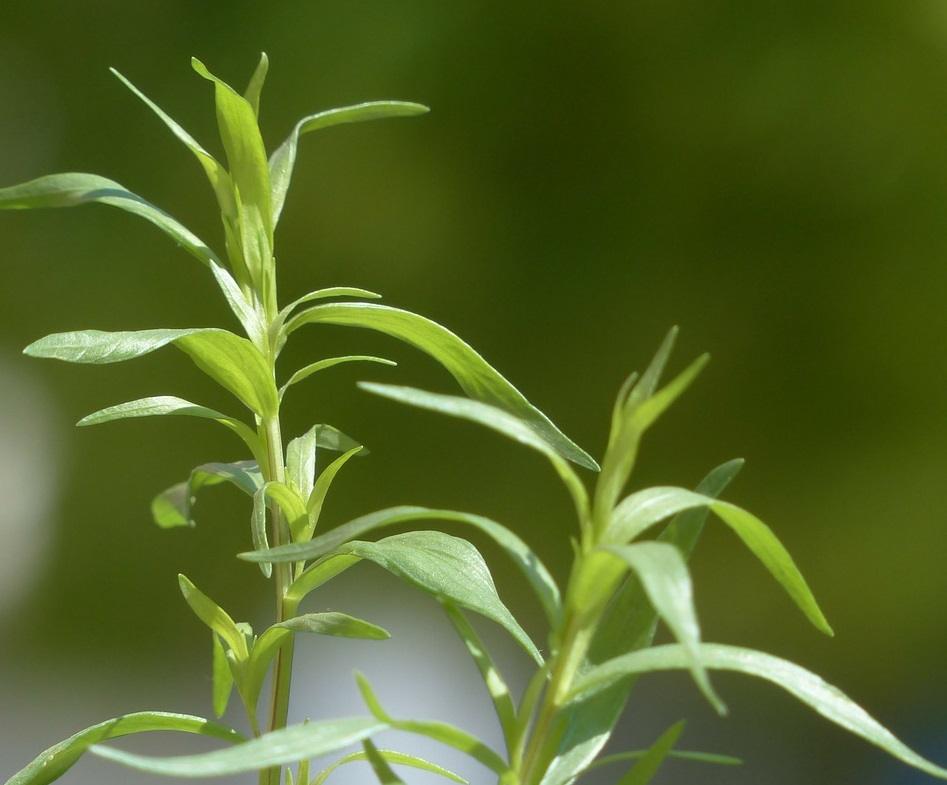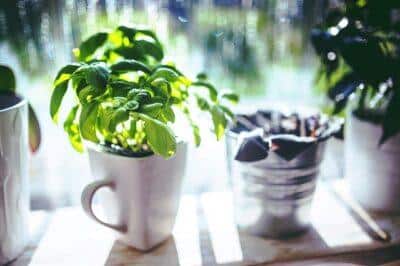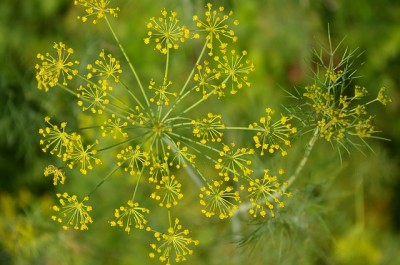Spring is a perfect time to start some herb seeds indoors. Planting culinary herb seeds not only saves you money, but it also provides you with the ability to make delicious meals. Most culinary herbs also have potent medicinal qualities as an additional reward.
How to Grow Herbs from Seed
By planting seeds you may be able to grow plants that aren’t readily available in your local garden center. If you do not have room for a garden, herbs make wonderful potted plants. Most herbs thrive in average soil. If you are planting them indoors, use special soil mixes which are designed for starting seeds. You may sow your seeds in individual pots or you may choose to cluster sow them.
Herb seeds are extremely tiny. Take care when sowing them; mix the seeds with a bit of dry sand or use seed-starting tools which are designed for planting tiny seeds. Some seeds are available with special coatings that make them easier to handle.
If you are planting outdoors, check the seed packets or with your county extension agent regarding proper planting times. Prepare your garden beds carefully by removing weeds, loosening the soil and tilling it ahead of time so that it isn’t overly wet.
Learn How To Make Powerful Herbal Medicines, Right in Your Kitchen!
If you plant your seeds in trays or in individual pots, water them from the bottom. Keep seedlings, indoors or out, moist but not overly wet.
Tender herbs may be started indoors and moved outside when the weather warms up. Introduce them to their outdoor environment gradually. Protect them from hot sun and wind when you first expose them to the outdoors.
Not sure which herbs to grow? Here’s some terrific culinary herbs with medicinal properties which are ideally grown from seeds:
1. Basil. This is a great herb to grow from seed. If you are like me, you will want lots of it. There are a wide array of basil types to grow. Small leafed, large leafed, lemon, purple, holy and cinnamon are just a few of the fantastic varieties of basil. If you live in a cool or cold climate, start your basil in pots. Basil is a tender plant which cannot tolerate cold temperatures. Only move it outdoors when there is no chance of frost. Basil grows in average soil and should be planted in full sun. In addition to livening up mealtime, basil is said to relieve respiratory, digestive and emotional imbalances.
2. Sage. I grow sage from seed because there are several varieties and some of them are very attractive. Nibbling on one sage leaf daily can relieve hot flashes. Sage soothes sore throats and is a wonderful seasoning for poultry and savory dishes. You can make an antibacterial wash from sage which may be used for first aid. Like basil, sage thrives in average soil. It can tolerate poor soil as well. Grow sage in a sunny location.
Just 30 Grams Of This Survival Superfood Provides More Nutrition Than An Entire Meal!
3. Dill. It isn’t just for making pickles; dill is a beautiful garden plant. If you have children, be sure to provide them with some dill seeds to plant. Dill is extremely easy to grow. It makes a lovely tea for relieving belly aches. The plants produce attractive foliage and flowers. If you plan to do some pickling, grow the taller varieties, as they produce the most numerous and largest seed heads. Otherwise, plant the shorter varieties as they are more attractive and provide you with plenty of dill weed foliage. Dill thrives in poor or average soil in the sunshine. For a non-stop supply of dill, don’t plant all of your seeds at once. Sow seeds every few weeks all spring and summer long.
4. Tarragon. This one can be difficult to grow, particularly in hot climates. Try Mexican mint tarragon instead. You may know this plant as Texas tarragon. It has lovely yellow-orange flowers. Mexican mint tarragon grows in sunny locations in average soil. The anise flavored leaves are soothing to upset stomachs.
5. Mustard. Mustard is very easy to grow. White mustard is what most commercial mustard products are made from, but if you prefer a spicier, more pungent variety, grow brown mustard. In addition to flavoring pickles and savory dishes, making your own mustard is very simple. Mustard isn’t fussy about soil. It may be used medicinally as a warming herb to relieve respiratory congestion or blended into topical remedies.
Final thoughts
There are hundreds of herbs which you can grow easily and economically from seeds. If you don’t need a whole packet of seeds, get together with friends and have a seed exchange. You will all have a vast array of herbs at your fingertips, which you can use for cooking and healing.
Which herbs would you add to this list? Share your ideas in the section below:
 Off The Grid News Better Ideas For Off The Grid Living
Off The Grid News Better Ideas For Off The Grid Living






